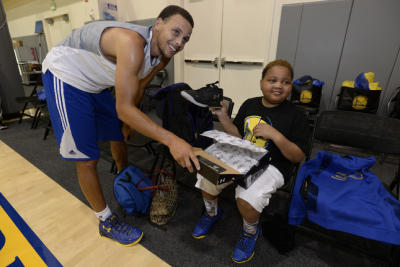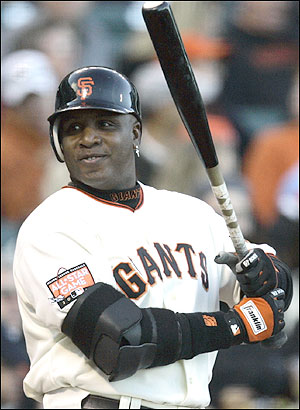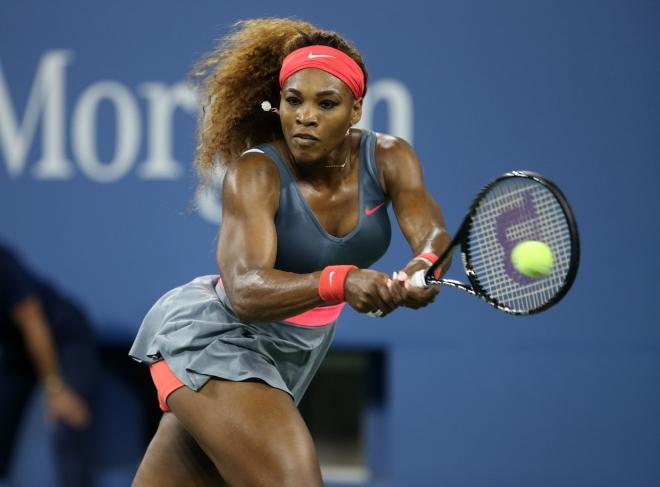The benefits and the downfalls of professional athletes
January 29, 2016
Pro: The world wouldn’t be the same without professional athletes
Sports fans all over the world have all experienced a special moment while watching a game where they pause and just think “What an amazing athlete” or “How did they do that?”
Professional athletes are people who have taken the world by storm especially within the last decade. These amazingly athletic people sacrifice their bodies for a sport they love to entertain their audience. Sports teams are often followed by a very loyal fanbase. These devoted viewers make it their duty to memorize player stats and raise support to help win a particular athlete an award. The world of sports just wouldn’t be the same without professional athletes.

From young ages, children from all backgrounds and countries idolize professional athletes and aspire to be like them in the future.
Children look up to so many professional athletes such as Stephen Curry, Carli Lloyd, Hunter Pence, Ronda Rousey, Cristiano Ronaldo, and more. A young aspiring athlete can use professional athletes as inspiration to shoot for the stars.
The existence of professional athletes is also debated due to their high salaries. The people who contest their so-called “excessive paychecks” were most likely not professional athletes who put their body and well-being on the line while competing, especially in contact or combat sports. According to a report by Frontline, on average 96% of former NFL players show signs of, Chronic Traumatic Encephalopathy, or brain damage.
Athletes can also sustain serious long-term damage to joints, muscles, and bones while playing a sport. Baseball players may experience shoulder and elbow damage, basketball players can develop weak ankles, soccer players can damage their knees, etc. These liabilities are reason enough for the high salaries of professional athletes.
Many critics view professional sports as “just acting” or not really difficult at all. The fact of the matter is that playing a professional sport requires much more behind the scenes work. These athletes may spend countless hours practicing, lifting weights, running, and just exercising in general to stay healthy and fit. Being a professional is a full time job, not just for 2 hours a week.

Professional athletes also deserve their salaries and high place in the world because of their criticism by the media. An athlete’s performance leaves them prone to the media’s harsh opinions, especially after a loss. This also opens the athlete’s family and home up as fair game for the media. The athletes are treated as celebrities, not as normal people, while walking down the street and can be bombarded by paparazzi and fans. This inconveniences the athlete and their family and may even put them in danger.
At the end of the day, professional athletes have a life to work for; they get to play the sport they love everyday and get paid for it. Their job shouldn’t be viewed as any more or less prestigious than any other regular working job. Most professional athletes today knew from a young age that they were destined to be active in their job, not behind a desk.
The world needs professional athletes for entertainment purposes and inspiration to show that everything is possible when you put your mind to it. The few burdens these athletes face are overlooked because ultimately they are doing what they love and it’s all for the love of the game- not the money.
Con: Being a professional athlete isn’t all it’s cracked up to be
It is often said that a sports star will die twice, the first time at retirement. For elite athletes who have dedicated their lives to a sport, what happens when your time comes to an end, if you aren’t an athlete, then who are you?
Elite athletes train extensively for years, letting their sport consume the majority of their young lives, often making extensive personal sacrifices in order to pursue their dreams of glory. They make huge financial sacrifices, moving away from family to train full-time, cutting time on their academic studies and sacrificing personal relationships.
And then, your time is up, all those years playing a sport don’t really seem to matter. For retirement is a concept that they do not wish to think about in great detail. However, whether they have achieved Olympic glory or failed to reach the goals they had aspired to, all athletes’ careers will eventually come to a close, whether through age, injury or exhaustion.
The main and most significant difference between professional and amateur athletes is that athletes in professional sports get paid for playing, whereas amateur athletes do not. And just like almost everything else in this world, treating professional sports as a daily occupation has its own sets of advantages and disadvantages.
One of the greatest factors about participating in sports is the money. For many of those who strive to be a professional athlete this is their main goal in mind. Most professional sports pay their (male) athletes astronomical sums of money.
In sports like football and basketball, the athletes can earn millions of dollars. This income hugely motivates the athletes to improve their personal qualifications and drives the amateurs to consider sports as a future career. Not to mention, athletes like this almost seem to be idolized like Gods- for nothing more than an hour of playing time, if even that.
Sponsorship money helps an athlete to increase their pay even more and pay more to get the best quality kits and equipment that they need to play the sport. Moreover, it also gives a professional athlete scientific knowledge about the discipline of sports.

However, commercialization of sports also has its negative impacts as well. You see more athletes in commercials than any actor of our generation due to two main factors; money and publicity.
There are many fans and organizations who consider the commercialization of sport as nothing but an attack on everything that the sport holds sacred, actually playing the game.
According to them, competitions and games should be held as a tournament where athletes showcase their superiority instead of using it as a marketing tool to rake in money. In some ways, these fans are right because the increasing amounts of money at stake at an event takes away the sheen from the sport itself and the competition loses all its importance.
This can be easily observed when a boxer refuses to fight another boxer because that fight will not bring a lot of money, or when footballers choose to ignore national call ups so as not to jeopardize their payments with their club or team.
Such as fines for certain fouls or quality of health diminishing your pay throughout the year, even in football losing pay when your weight is not maintained to your coaches’ demands.
With the mass media taking hold of sports and increasing the global audience, many sports were introduced to a larger and a global audience and the sports also raked in a lot of money.
Fame is perhaps the biggest advantage of being a professional athlete. Due to the global audience, sportspeople are well known throughout the world and enjoy a celebrity status in many places around the world.

But most likely this fame causes an athlete to lose focus on what their primary career is and make them more determined to hog the limelight outside their circle than in the sport.
But perhaps the biggest achievement of being a professional athlete is the honor of competing and winning. They feel pride because they gave the sport their all and the sport has repaid them with accolades. However, on the downside, there are athletes, who in spite of being dedicated, do not achieve much success or the best result and this is possibly the worst thing in all of sports.
